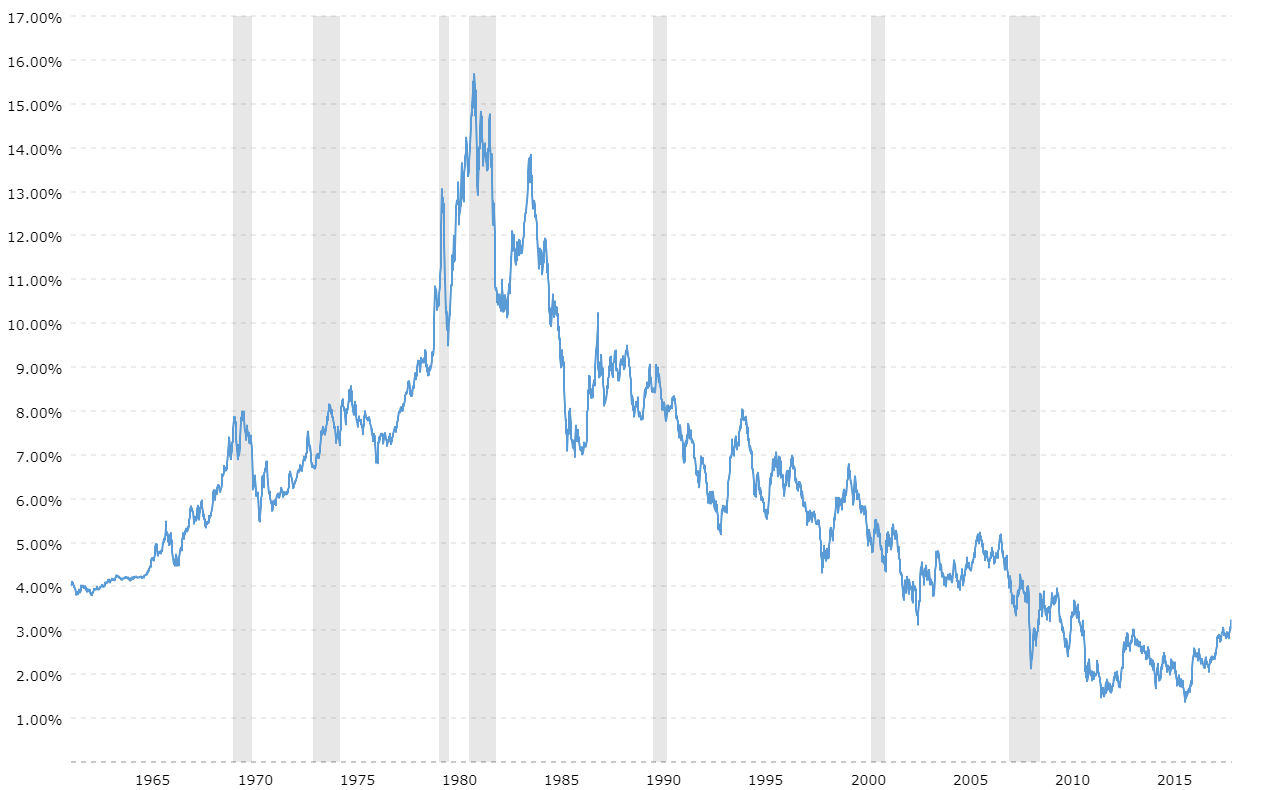What Is a 10-Year Depository Note?
The 10-year Depository note is an obligation commitment gave by the US government with a development of 10 years upon beginning issuance. A 10-year Depository note pays revenue at a proper rate once like clockwork and pays the presumptive worth to the holder at development. The U.S. government to some degree finances itself by giving 10-year Depository notes.

The most effective method to Purchase T-Bills
Financial backers have choices with regards to purchasing Treasurys. One method for purchasing T-Bills is to go directly to Uncle Sam and open a TreasuryDirect.gov account. This web-based stage is the central government’s fundamental entryway through which it can sell securities. To open a record, you just need a U.S. address, a government managed retirement number, and a financial balance.
Purchasing T-Bills through TreasuryDirect
By utilizing TreasuryDirect, financial backers get a good deal on expenses and commissions.
It just takes $100 to begin effective financial planning, and the purchaser has two options.
T-bills are sold by means of sale, so financial backers need to put a bid. A serious bidder determines the ideal rate or yield, while a noncompetitive bidder acknowledges the going rate laid out in the bartering.
At the point when the sale closes, noncompetitive bidders have their orders filled first. When all noncompetitive bidders have been fulfilled, the serious bidders are given protections beginning with the least offers and climbing.
The U.S. Depository distributes closeout plans, which list declaration dates, sell off dates and settlement dates. Purchasers should submit their request between the evening and the night prior to the sale date. T-bills with developments of under 52 weeks are sold week by week, while 52-week issues are unloaded month to month.
A TreasuryDirect account works very much like a money market fund. At the point when your bid is acknowledged, your ledger is charged in how much the selling cost and the T-Bills show up in your TreasuryDirect account. At the point when the T-bill develops, the standard worth is naturally credited to your financial balance.
Purchasing T-Bills through a Dealer
For clients of enormous firms like Constancy, Vanguard, and Charles Schwab, putting in a request through your merchant might be more straightforward than opening a different TreasuryDirect account. These organizations charge no expenses for T-bills.
Financial backers who wish to buy T-bills for individual retirement accounts (IRA) accounts should go through their specialist, as it is absurd to expect to support an IRA by means of TreasuryDirect.
Financial backers can likewise purchase T-bills in the optional market, despite the fact that buying new issues is for the most part a savvier choice. Assuming that you purchase securities in the auxiliary market, you’ll need to pay the bid/ask spread, a pointless expense since barters are held every now and again.











